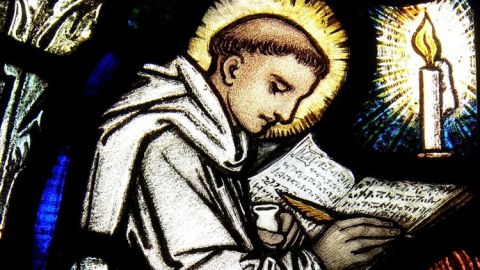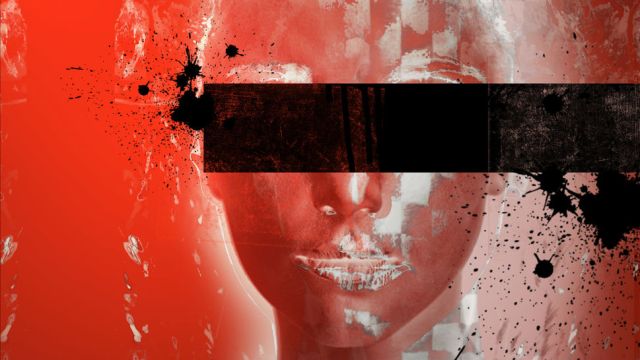“Early to bed, and early to rise, makes a man healthy, wealthy and wise.” Really?

“Early to bed, and early to rise, makes a man healthy, wealthy and wise.”
So said Benjamin Franklin. It is simply preposterous and schoolmarmish to think this. Indeed, it seems like many of the aphorisms that Franklin penned were aimed at children.
I must admit, I feel betrayed by my favorite founding father and fellow chronic insomniac.
Though he thought and wrote extensively on the subject of techniques for getting to sleep, most notably in his “The Art of Procuring Pleasant Dreams“, it seems that the great statesman did not develop techniques effective enough to cure even himself.
Indeed, the man himself is pretty good disproof of his own saying, since he became quite wealthy and very wise (if not at all healthy), without very much sleep on either side of the night.
Here are some other men who disprove Franklin’s edict:
Franz Kafka (if not all that wealthy), suffered from periodic insomnia and still managed to be one the very greatest and funniest dissident writers of all time.
Winston Churchill (if not all that wise), suffered from insomnia, probably as a result of his well-documented depression, throughout the war which he is credited with helping end.
Plato was probably an insomniac, though a proud one. He said, “Much sleep is not required by nature, either for our souls or bodies, or for the actions in which they are concerned.”
Groucho Marx was a particularly severe insomniac, but managed to be awake enough to ask, “What do you you get when you cross and insomniac, an agnostic, and a dyslexic?” Answer? “Someone who stays up all night wondering if there is a dog.”
So does early to bed and early to rise make a man healthy, wealthy and wise? No, it does not.
Here’s a pithy description about another historical insomniac from listology.com: “Rene Descartes (1596-1650 AD) – Descartes loved to sleep late in a room warmed by a fire. Then he was hired by Queen Christina of Sweden to teach her philosophy. She insisted on early morning lessons in an unheated room. Descartes soon caught pneumonia and died.”
Enough said.





